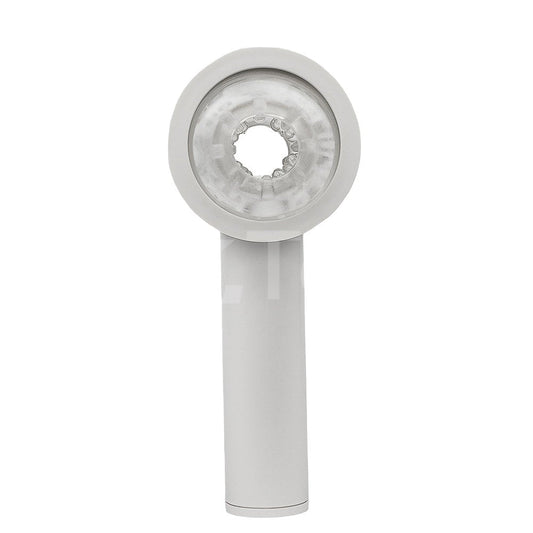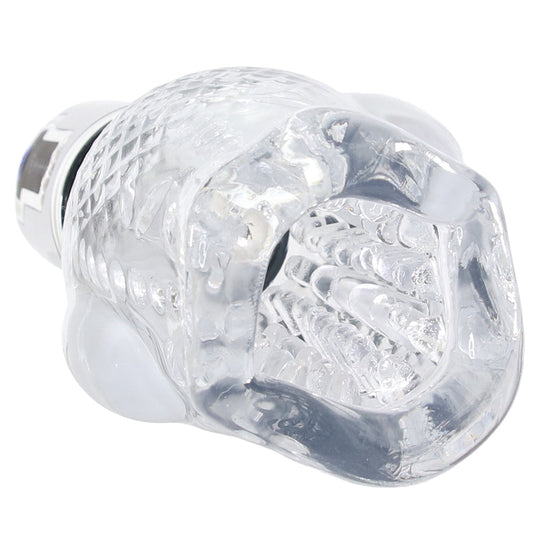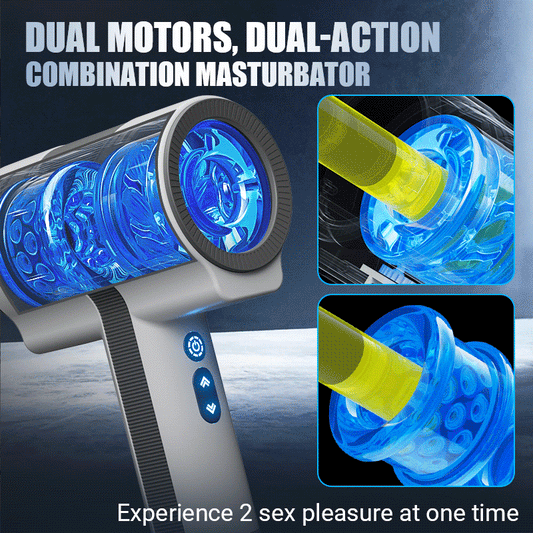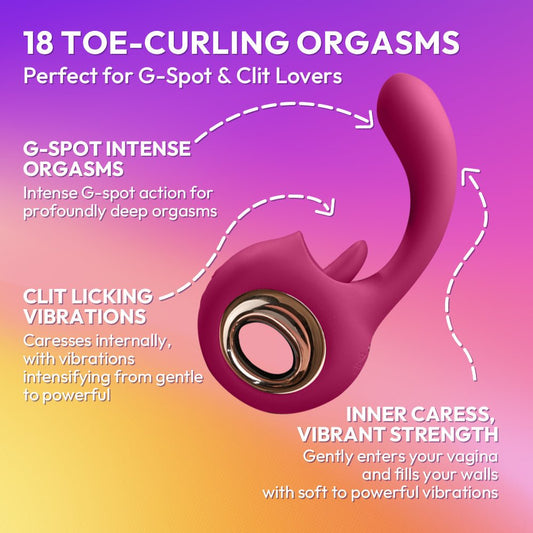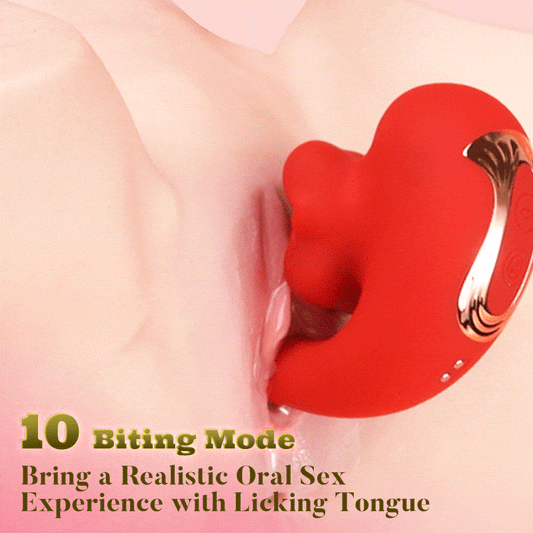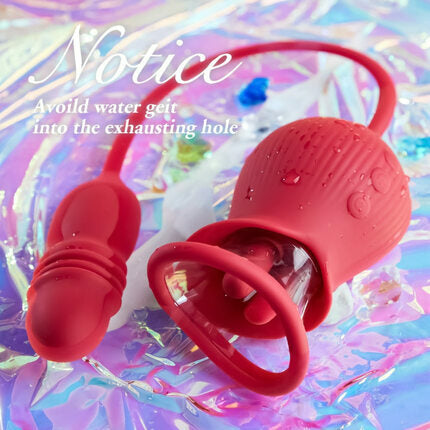Best Birth Control
Q: When I was younger, I was on the birth control pill, but I was always scared of the associated risk of heart attack since I occasionally smoked cigarettes. When I entered a serious relationship in my 20’s, I went off it and we used the rhythm method. However, now I’m 35 and single. The sex that I did have was safe, but with COVID, I’m narrowing my dating pool down to one, non-serious partner, and we’re probably going to stop using condoms. Now that I’m at the end of my fertile years, what’s the best form of birth control to use with low side effects and low risk? Copper IUD? Hormonal? Patch? Something else?
A: First of all you are not at the end of your fertile years!! It’s true that after 35, it gets more difficult to get pregnant for some women, but in no way is this the end. Only when you enter into menopause can you be sure there is no chance of getting pregnant (or your doctor has checked whether you have viable eggs or not). The rhythm method is not a great form of birth control as there is a margin of error. The best form of birth control, if used properly, that is nonhormonal is the condom. You should have a discussion with your gynecologist about all of your options as each person is different (and depends on many factors). If you are with a non-serious partner, then isn’t there a chance that he or she will be having sex with others? If so, you should really use condoms to protect against STIs and not just worry about pregnancy.
Safe Sex With Sex Workers
Q: I’m 32 years old. I am obsessed with anal sex with trans people and also sex workers. How can I avoid sexually transmitted diseases and maintain cleanliness? Is there a drug/vaccine for me to keep it safe to have sex?
A: It’s important to practice safe sex to reduce the risk of sexually transmitted infections (STIs) and maintain good hygiene during sexual activity. Using condoms and other forms of barrier protection, such as dental dams, can help to reduce the risk of STIs during anal sex. Additionally, regular testing for STIs and getting vaccinated for certain STIs, such as hepatitis B and human papillomavirus (HPV), can also help to reduce the risk of infection.
It’s also important to prioritize hygiene when engaging in sexual activity. This can include washing the anus and genitals thoroughly with soap and warm water before and after sex, as well as avoiding the sharing of sex toys or other objects that can spread bacteria or viruses.
While there is no single drug or vaccine that can completely eliminate the risk of STIs, there are medications available to treat many types of infections if they do occur. However, it’s important to seek medical attention promptly if you experience any symptoms of an STI, such as discharge, pain, or itching in the genital or anal area.
Ultimately, the best way to reduce the risk of STIs and maintain good hygiene during sexual activity is to practice safe sex, communicate openly with sexual partners, and prioritize regular testing and vaccination. It may also be helpful to speak with a healthcare provider or sexual health specialist for personalized advice and guidance.




